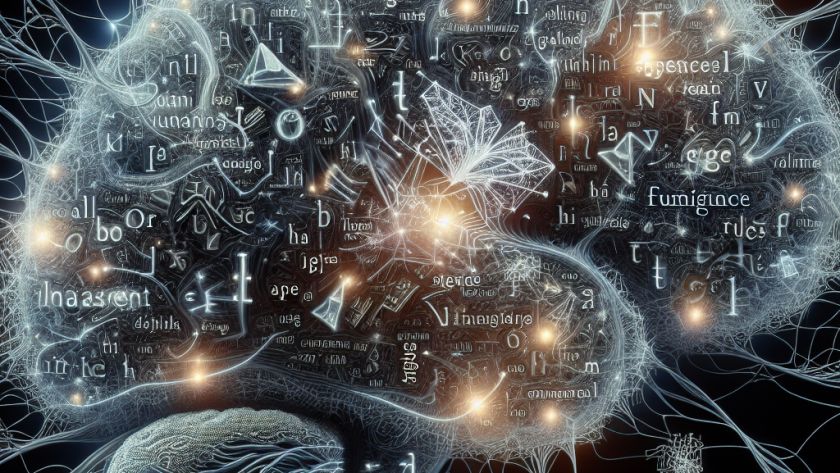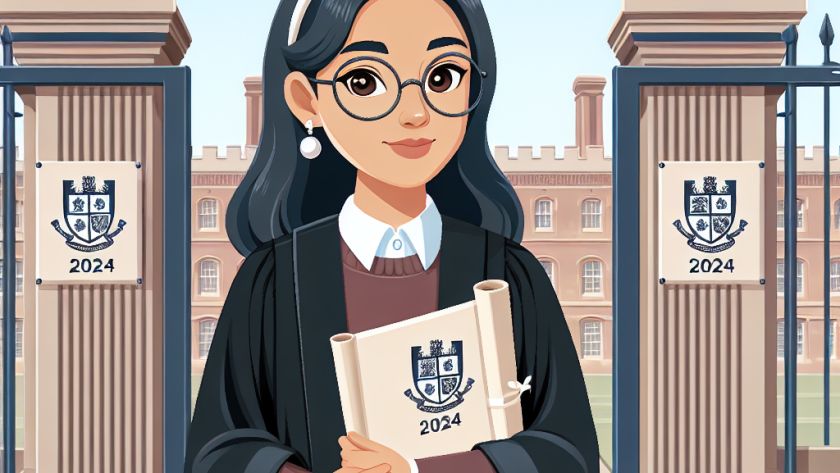Microbial sequence databases hold a vast array of information about enzymes and other molecules that could be utilized in biotechnology applications. However, the sheer size of these databases has made it challenging to efficiently search for specific enzymes of interest.
Researchers from the McGovern Institute for Brain Research at MIT, the Broad Institute of MIT and…








